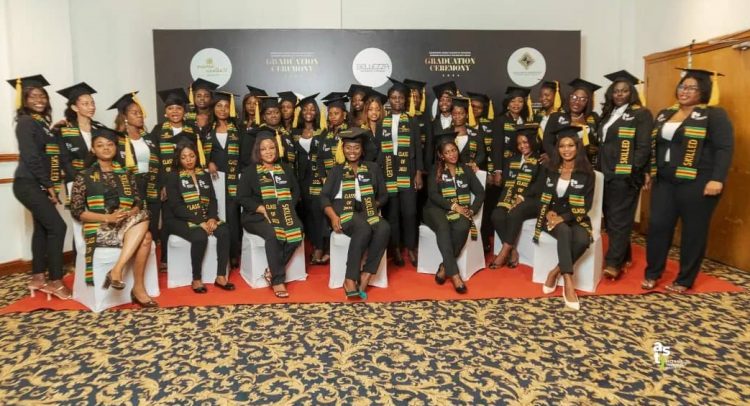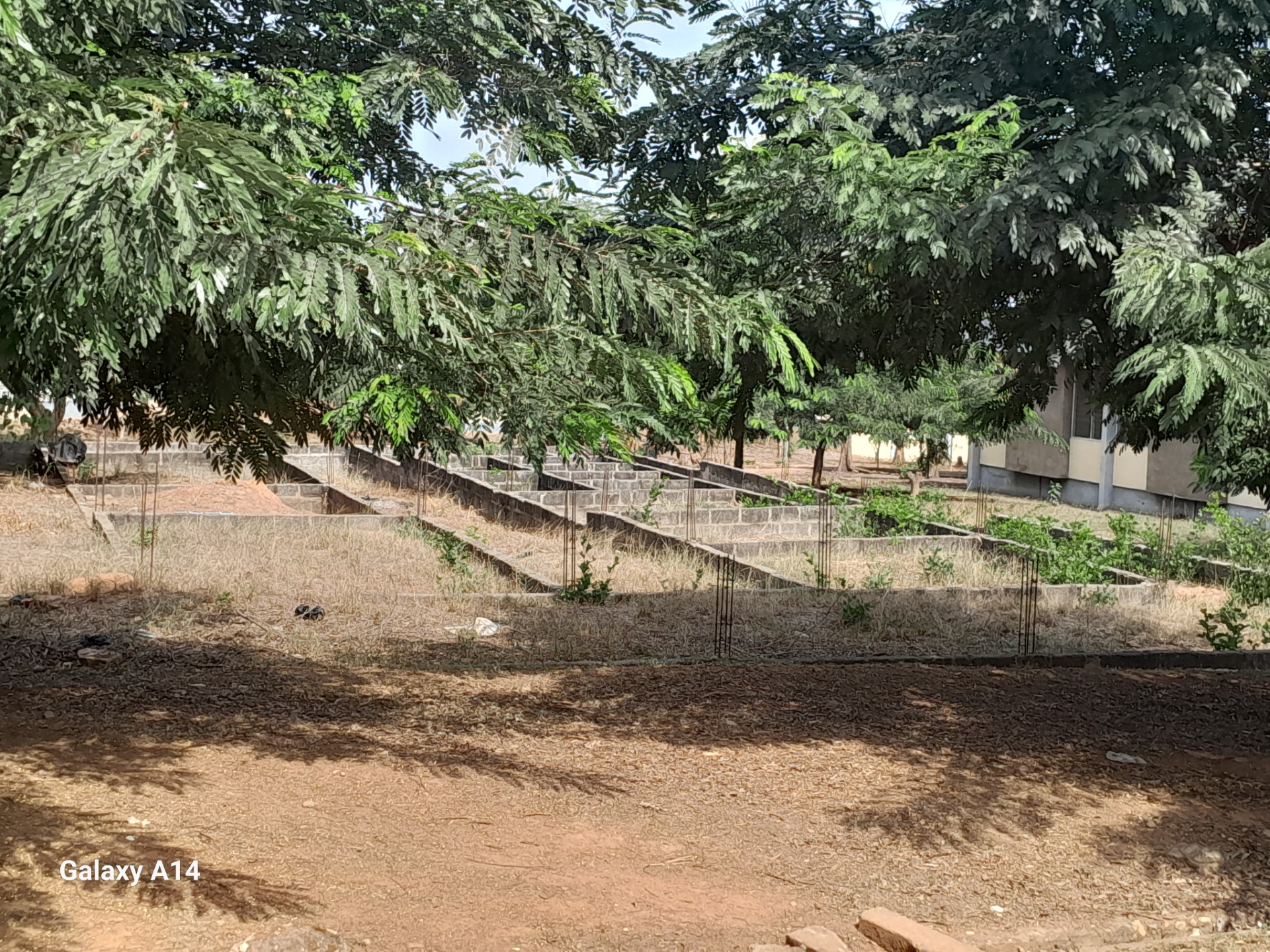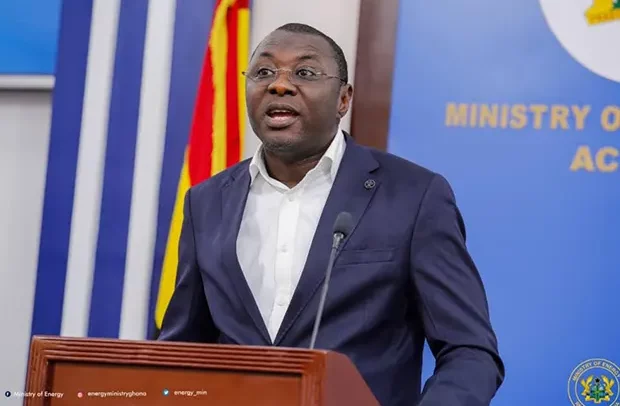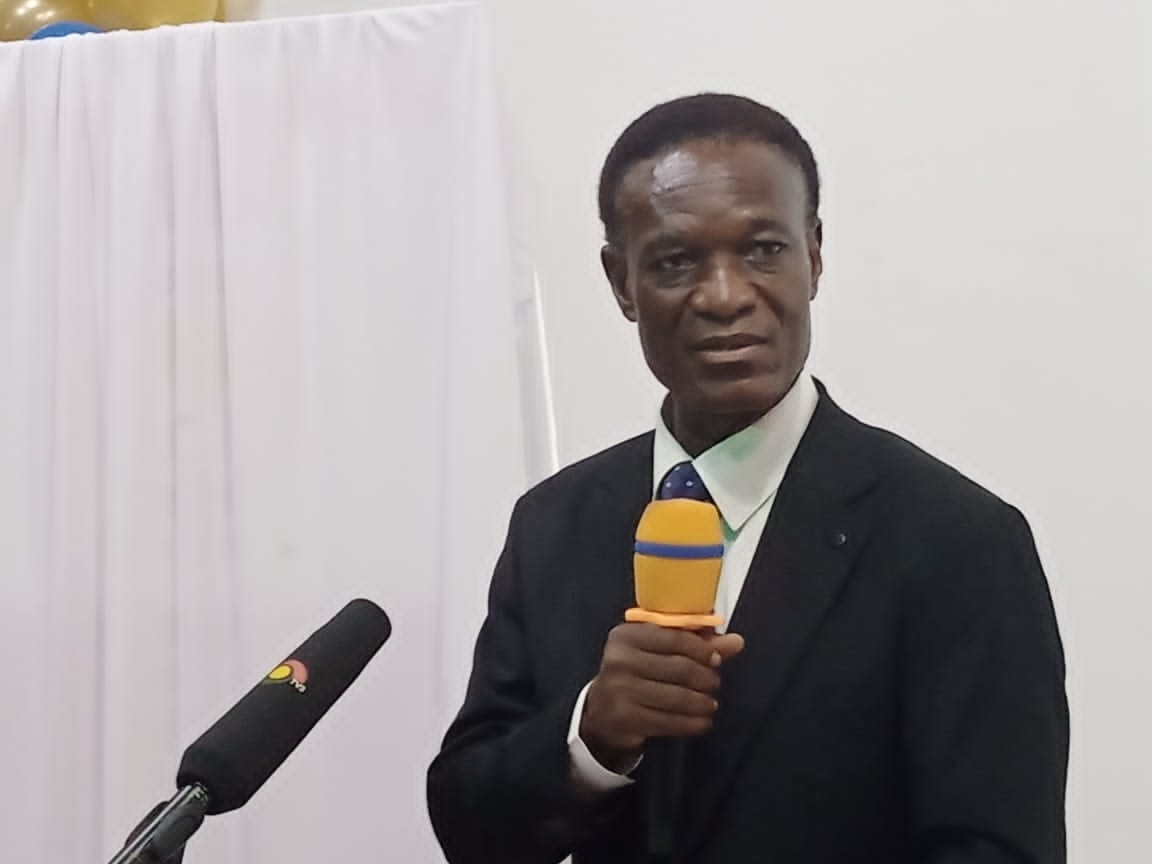
At the swearing-in ceremony of the Board of the state oil company in Accra on Tuesday, 31 August 2021, Dr Prempeh said: "The government is going to support you [GNPC] 100 per cent in this direction of local content and the promotion of our petroleum resources in the acquisition of shares in some petroleum. It is not only Aker", Dr Prempeh told the new Board.
"I do know there is the intention to go into Aker Energy, there is an intention to go into AGM, there is an intention to go into Springfield, and there is also an intention to go into the Jubilee Fields and the TEN fields to acquire not only significant or more shares, but more experience in the exploration agenda of GNPC."
Meanwhile, GNPC has described some civil society organisations who have raised concerns about its decision to acquire stakes in Aker Energy and AGM Petroleum Ghana oil blocs as rabble-rousers who are setting their own questions and answering them regarding the deal.
According to the CEO of GNPC, Dr Kofi Koduah Sarpong, some of these CSOs have been hired to do a hatchet job.
"When this conversation started, people have made wild comments", he said in an interview aired on Monday, 30 August 2021, adding: "My style is not to respond to rabble-rousers; I do not do that".
"I have better things to respond to", he mentioned.
He revealed: "Some of the CSOs have spoken to us, but they are divided, and it's a mockery."
Some also, he noted, "are hired by other people just to destroy what we want to do".
Nonetheless, he said, "the discerning ones among them have been to us".
Dr K.K. Sarpong said: "The good book tells us to ask, seek and knock [to find]" but "they [CSOs] are not doing it but set their own questions and provide their own answers".
"It is very unfair to professionals like us", Dr Sarpong complained in his Citi TV interview.
Dr Sarpong denied some of the claims made by the CSOs thus: "We are not buying the two blocs at US$ 1.3 billion. We have not said so".
"What the minister [of energy] requested was the mandate that he can go and negotiate within that limit", he clarified, noting: "Parliament, after consideration, said it would give a limit of US$ 1.1 billion for the acquisition".
"Even that is not conclusive", Dr Sarpong pointed out, surmising: "Maybe, they can beat it [down] and see if people will play ball".
Further, he explained: "That perception that a price has been determined is erroneous".
"If you bring two experts to value the two blocs, I will be very surprised that you will get the same figure. Unless their assumptions are the same. I engaged Lambert, some can engage Bank of America, HSBC but the question is: what are the assumptions underlying these valuations? These valuations are to help us get the acquisition price."
A few weeks ago, 15 CSOs in the extractive industry petitioned parliament to stop the state oil firm from going ahead with the deal.
The CSOs said the deal "cannot be a guise for poor decisions that threaten the country's economic and fiscal outlook."
"We are clear in our minds that the transactions if approved, will shortchange Ghana," the CSOs argued.
"Therefore, we request parliament to intervene given that the deal has already gone through all the relevant branches of the Executive, ostensibly glossing over important threats of the transaction to the country's fiscal situation," it added.
GNPC, through its GNPC Explorco, is allowed to participate in the upstream petroleum sector, and it plans to purchase a 70 per cent stake in the South Deep Water Tano (SDWT) operated by AGM Petroleum Ghana Limited and a 37 per cent stake in the Deep Water Tano/Cape Three Points (DWT/CTP) operated by Aker Energy Ghana Limited.
The corporation recently asked parliament to approve a loan of $1.65 billion for the acquisition of the stakes in Ghana's offshore fields.
The Energy Minister submitted a memorandum to that effect to the legislature.
In the memoranda, GNPC said it seeks approval to purchase a 70% stake in the South Deep Water Tano (SDWT) operated by AGM Petroleum Ghana Limited and a 37% stake in the Deep Water Tano/Cape Three Points (DWT/CTP) operated by Aker Energy Ghana Limited.
"Provision of a loan not exceeding US$1.65 billion to finance the acquisition at a price to be negotiated which might not exceed US$1.3 billion and GC Explorco share of capital expenditure (CAPEX) to Pecan Phase 1 First Oil of US$350 million."
Such partnerships, the GNPC noted, were critical.
It explained that it has become even more imperative as a result of the exit of some major oil companies from Ghana.
In the current scheme of things, the GNPC said it has to shore up its capacity and take up a large part of the exploration activities before Ghana's oil reserves hit a level of terminal decline.
"With the shift away from investments in oil and gas into renewable, Ghana faces the risk of stranded assets and dwindling proven reserves if GNPC is unable to undertake exploration, development, and production alone", the document said.
"A declining industry undermines growth, diminishes revenue expectations for Ghana and makes redundant the stock of skilled labour in the industry which Ghana has rapidly built up over the decade."
It added that the move is "all the more needed and urgent".
GNPC believes the partnerships, which have the approval of cabinet, can add extra 200,000 barrels of crude oil to Ghana's capacity in the next few years.
About Aker Energy
Aker Energy Ghana Ltd, a subsidiary of Norwegian-based oil exploration and production firm Aker Energy AS, is an exploration and production company and the operator of the Deepwater Tano Cape Three Points (DWT/CTP) block.
It holds a 50% participating interest in the licence, and the partners are Lukoil Overseas Ghana Tano Limited (38%), the Ghana National Petroleum Corporation (GNPC) (10%) and Fueltrade Limited (2%).
The block holds discovered resources of between 450-550 million barrels of oil equivalent.
Aker Energy aims to become the oil and gas operator of choice, offshore Ghana, by maturing and producing resources in a safe, efficient, and reliable manner to the benefit of the company, partners, and the people of Ghana.
Aker Energy AS is part of the Norwegian Aker group of companies, with Aker ASA and TRG AS as its majority shareholders. Aker Energy has offices in Ghana and Norway. Read Full Story






















Facebook
Twitter
Pinterest
Instagram
Google+
YouTube
LinkedIn
RSS